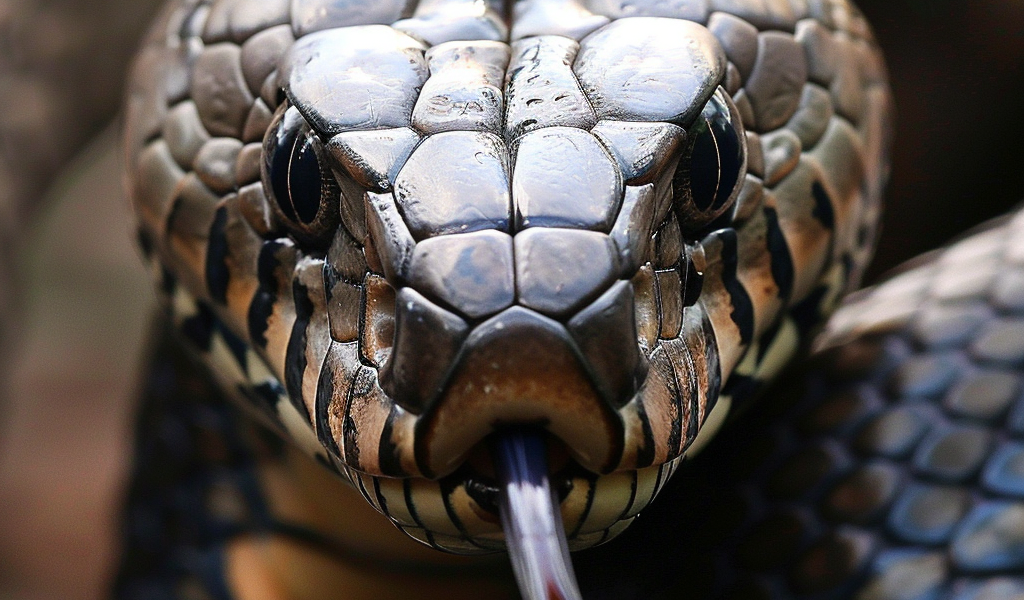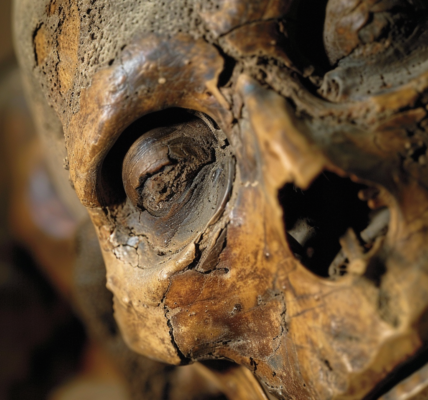Scientists have made a groundbreaking discovery in the field of snakebite treatment, unveiling a new method to combat the devastating effects of African spitting cobra venom. This venom is known for its potency, causing severe tissue damage that can result in permanent injuries and disfigurements.
The research, led by Professor Nicholas Casewell and colleagues from Liverpool School of Tropical Medicine and Lancaster University, found that by using a repurposed small molecule drug called varespladib, they were able to block a key toxin in the spitting cobra venom responsible for dermonecrosis. This breakthrough effectively prevents the rapid destruction of skin, muscle, and bone around the snakebite site.
Snakebites affect approximately 400,000 individuals worldwide each year, with a significant number of cases in Africa attributed to spitting cobra bites. Until now, there has been no effective treatment for the severe local envenoming caused by this venom. Existing antivenoms have proven ineffective in addressing the specific toxins present in spitting cobra venom.
Professor Casewell emphasized the potential impact of this discovery on improving the treatment of tropical snakebites. He highlighted the inadequacy of current treatments for spitting cobra bites, which have led to high rates of disability and amputation in Africa. By targeting a key toxin in the venom, the new treatment offers hope for preventing the debilitating tissue damage experienced by thousands of snakebite victims annually.
The research team, which included PhD student Keirah Bartlett and Dr. Steven Hall, conducted a comprehensive analysis of spitting cobra venom to identify the specific toxins involved. Collaborating with researchers from Canada, Denmark, Costa Rica, and the USA, the study marks a significant advancement in the field of snakebite treatment.





